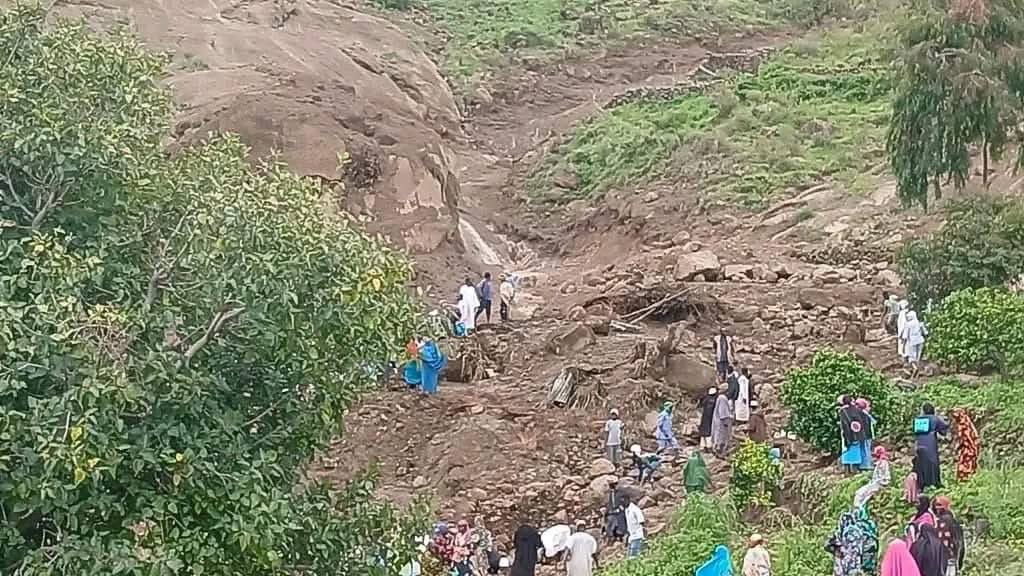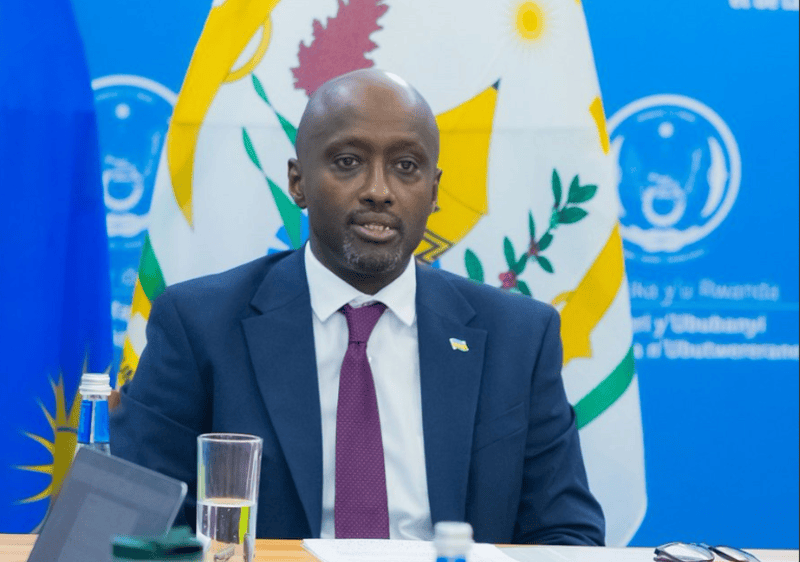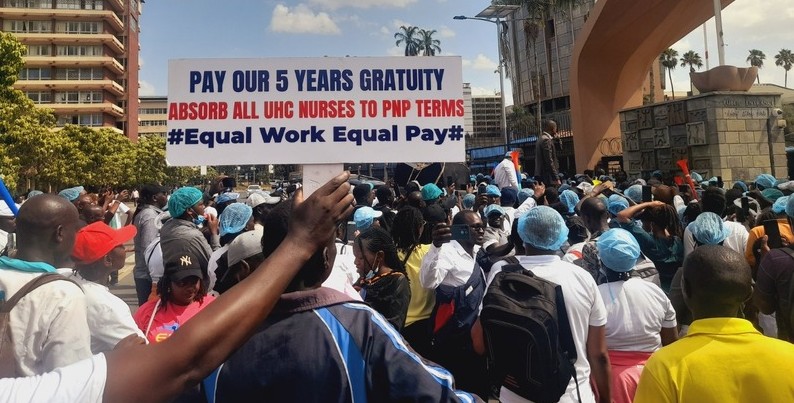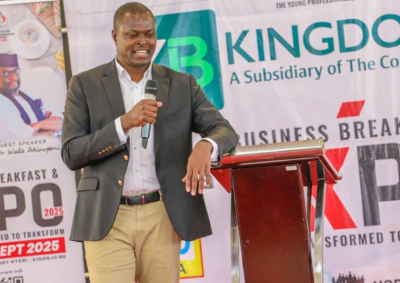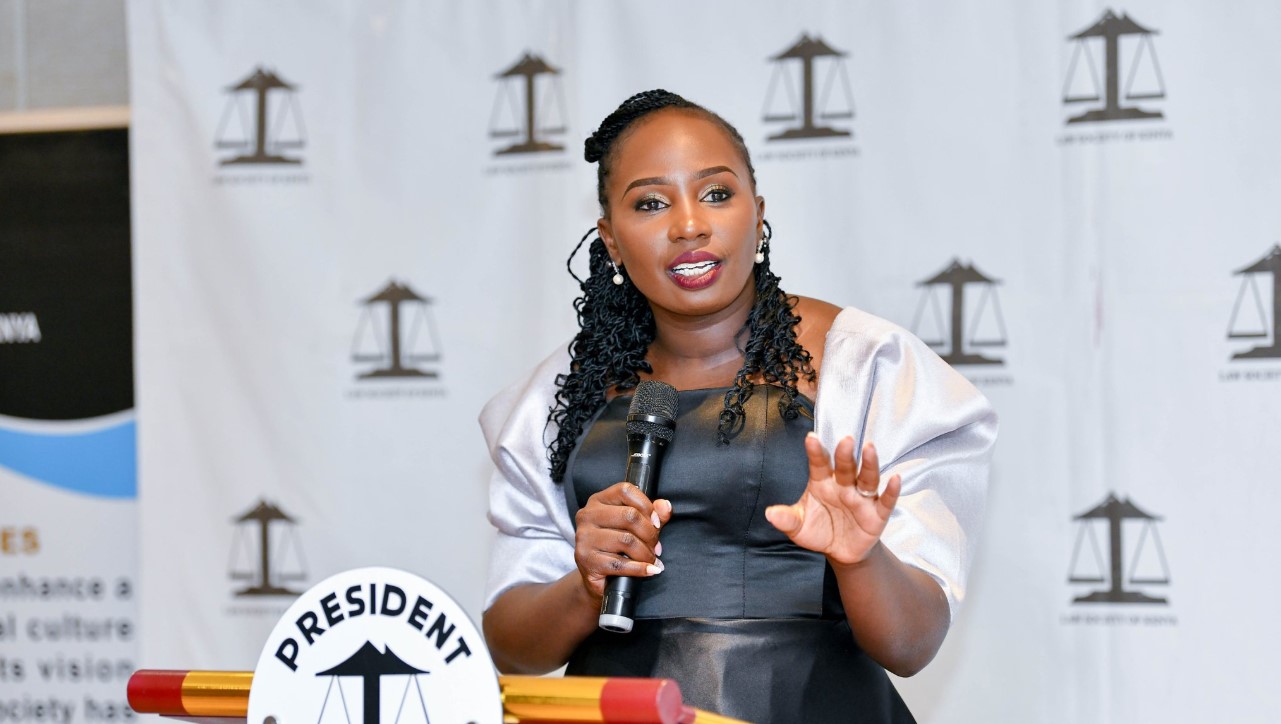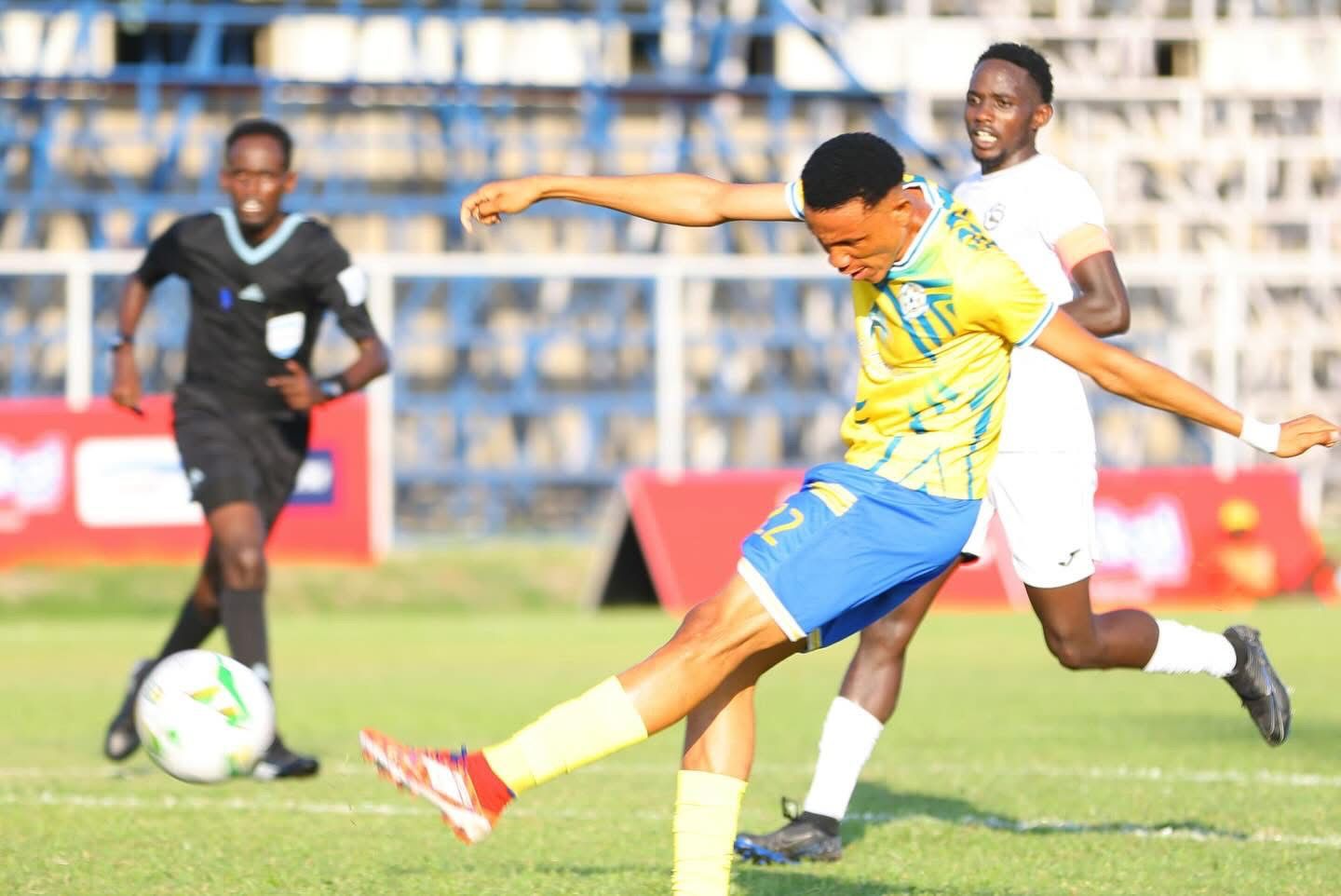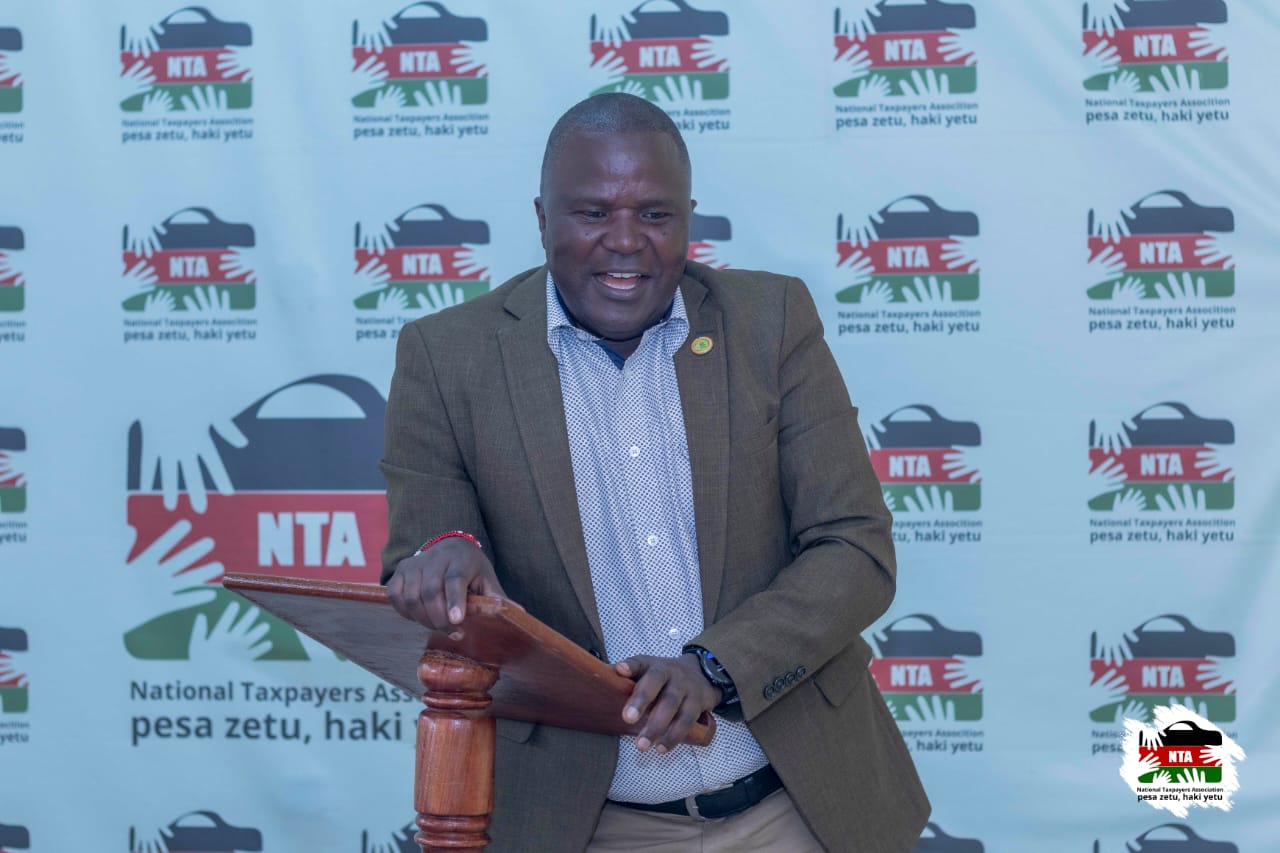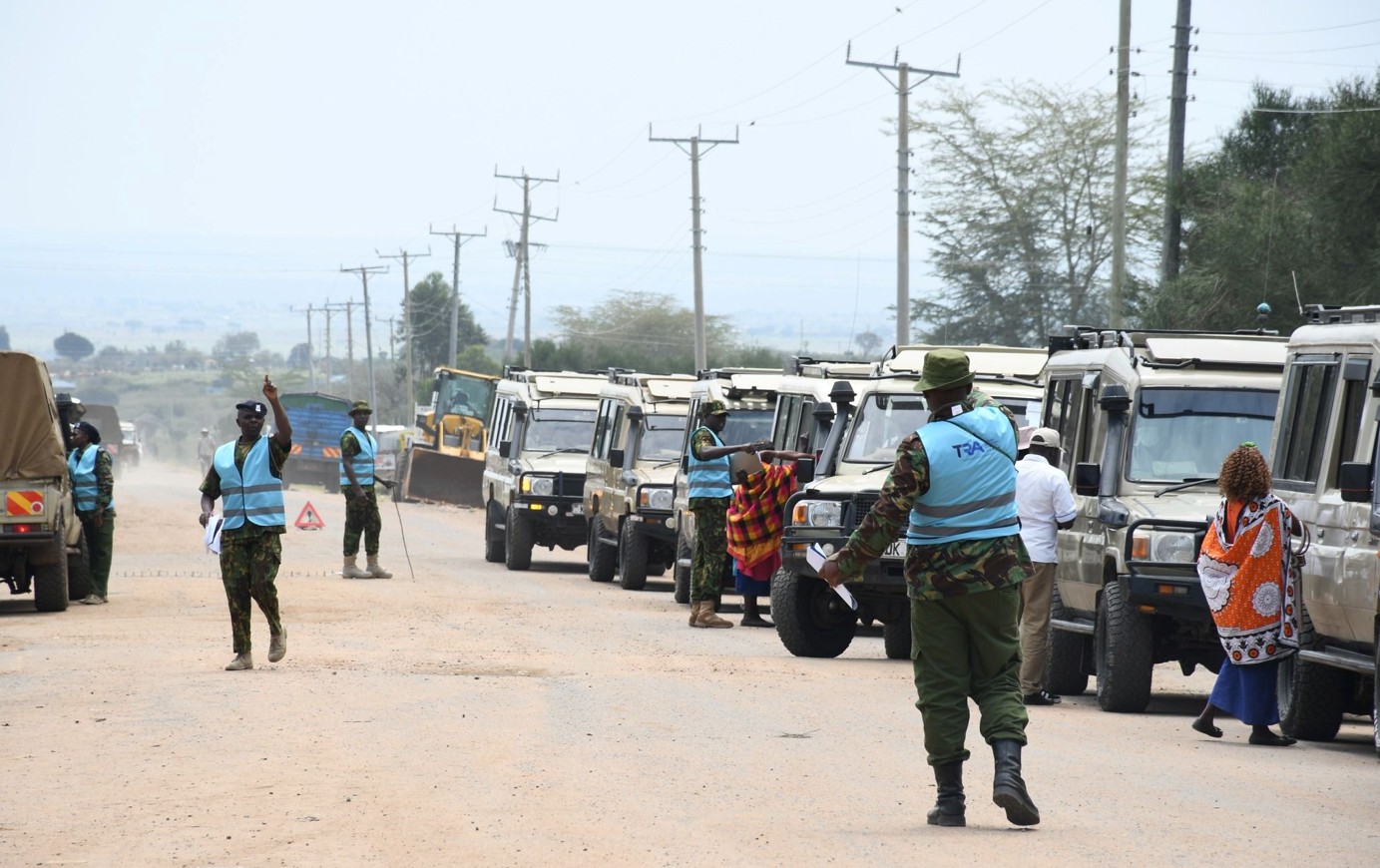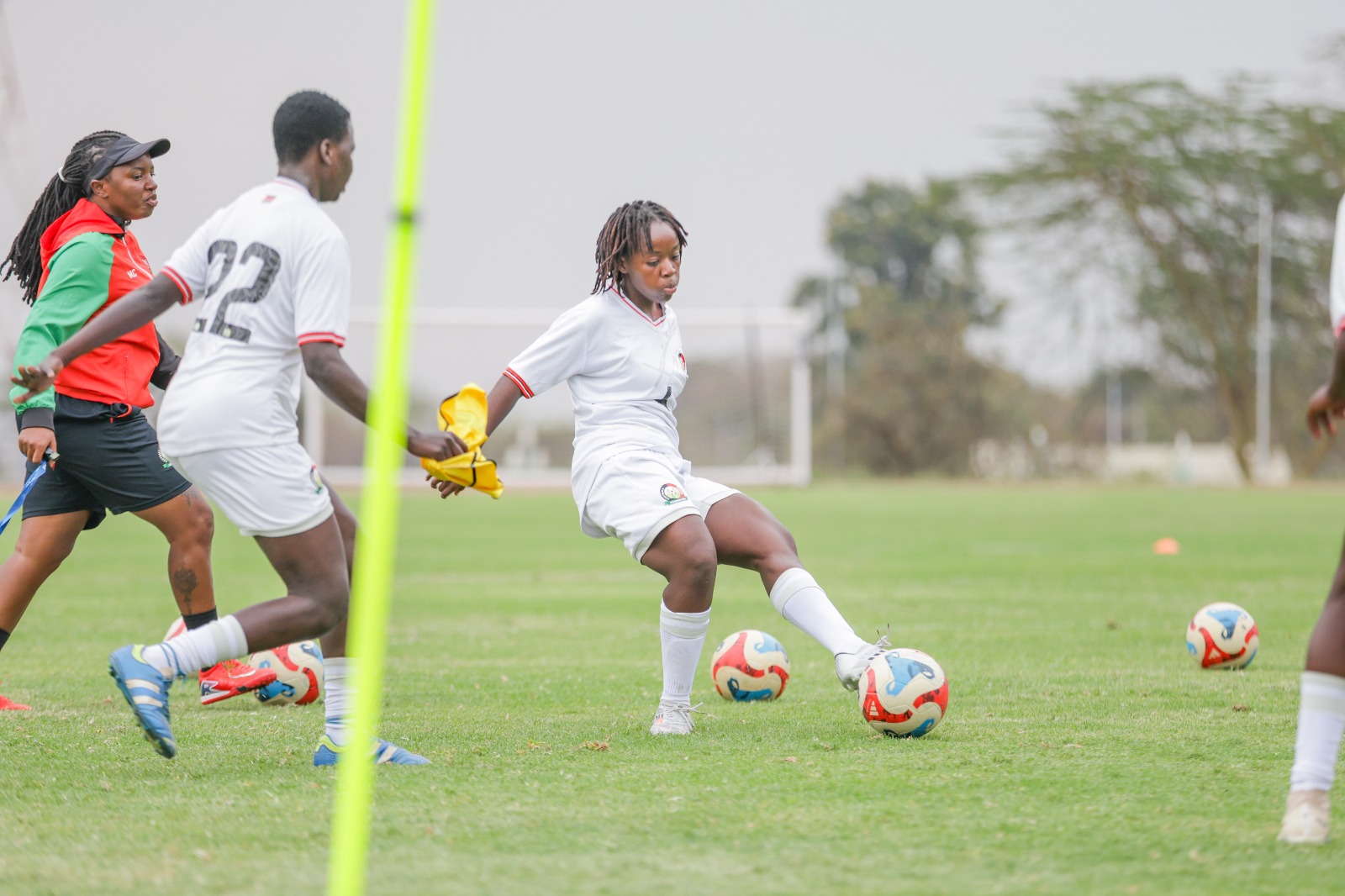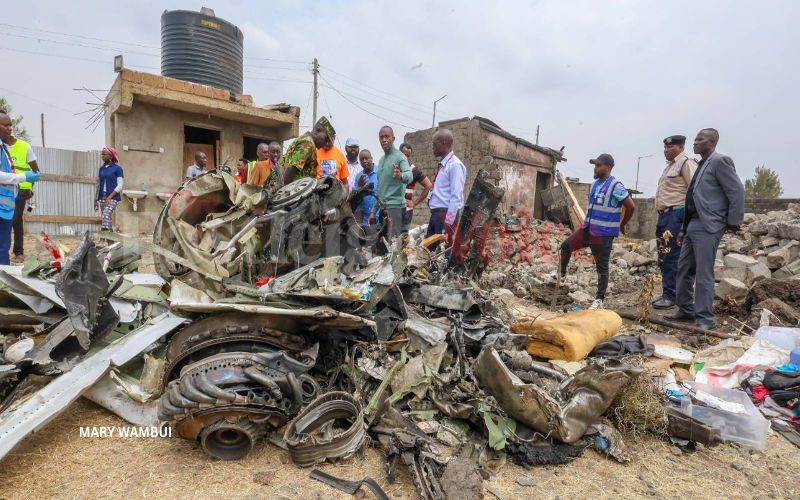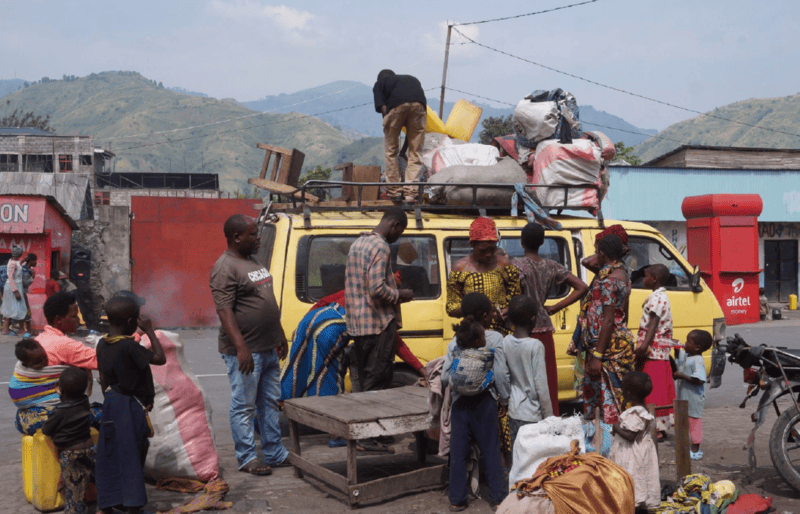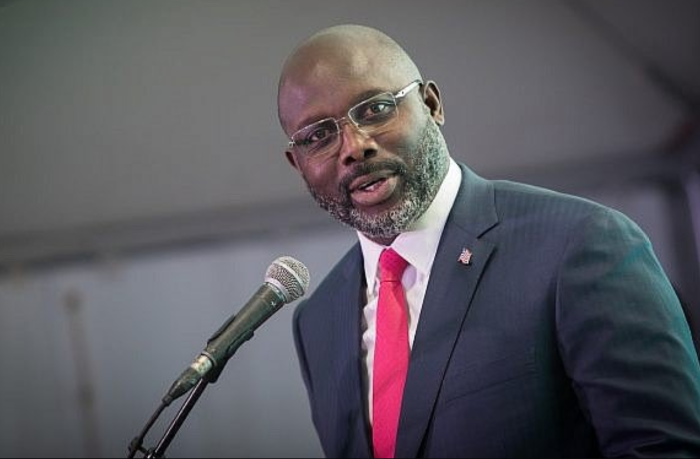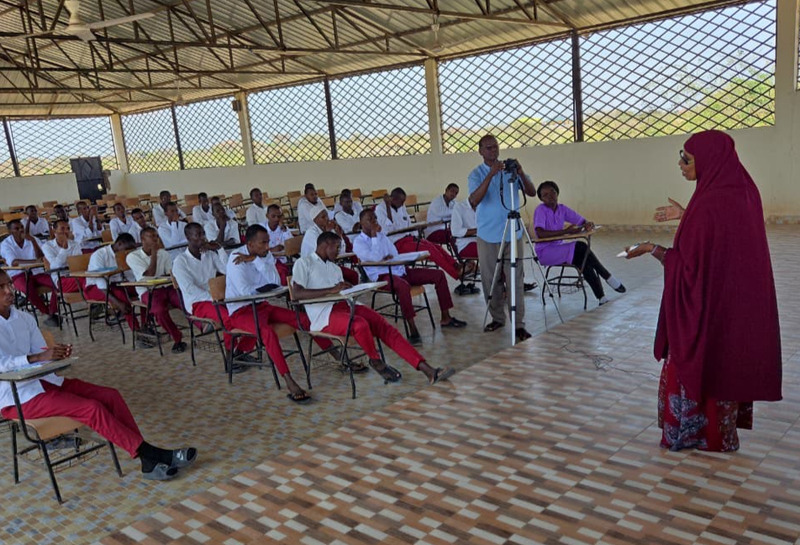Inside the hidden struggles of women with disabilities in Kwale
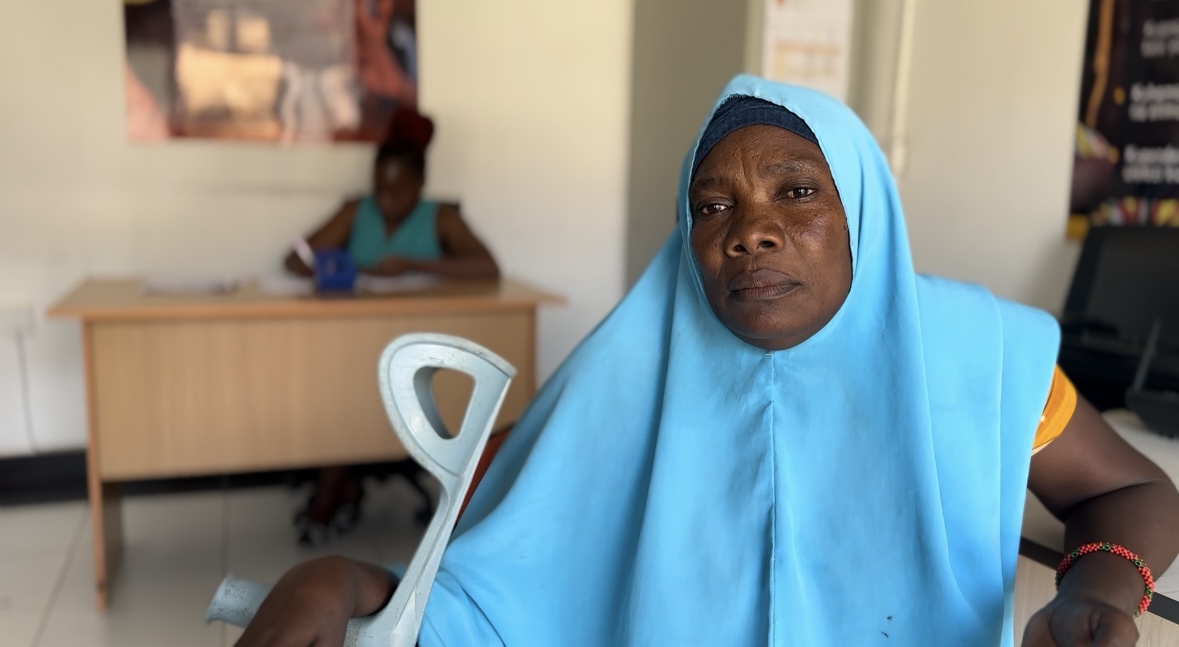
Human Rights Agenda is the only non-governmental organisation in Kinango mentoring people with disabilities.
In Kenya, approximately 2.2 million people, or about 5.1 per cent of the population, live with disabilities, often facing significant challenges in accessing justice when their rights are violated.
In Kinango, the largest sub-county in Kwale County and home to the highest number of individuals with disabilities, these struggles are particularly acute. The vastness of the region often silences the plights of its residents, resulting in the underreporting of cases and a lack of awareness about their needs and rights.
More To Read
- Rights groups demand KNCHR to take charge of compensation plan for protest victims
- Kwale County brings clean water to villages with solar-powered desalination plants
- ‘The Wild West’: Desperation is rampant in Haiti as gangs, vigilantes spread
- US report raises alarm over deterioration of human rights in Kenya
- Kwale Governor Fatuma Achani vows legal action against land grabbers
- Tensions flare as Kwale leaders demand removal of KWS from Diani-Chale Marine Reserve management
I met Uchi Chidunga Ndoro at her home in Kinango. She was washing dishes, with her daughter Bahati by her side, a moment of quiet resilience despite their daily challenges.
Uchi has been living with a disability her entire life, having suffered from polio since childhood.
Living with a disability has never been easy, she has endured abuse, and as if that was not enough, her daughter also lives with a disability. Uchi long aspired to become a human rights defender due to the abuse she faced since childhood.
Her daughter, Bahati, was born with a speech impairment. Both mother and daughter face daily struggles, not just against their disabilities, but also against a society that often turns a blind eye to their plight.
Earlier this year, Uchi’s daughter was assaulted by a shopkeeper while attempting to buy bread.
Despite these challenges, Bahati confidently reported what had happened to her, thanks to her mother’s empowerment and awareness of her rights.
Despite reporting the incident to the police, Bahati and her mother have faced numerous obstacles while seeking justice. The police station is far from their home, and transportation costs are a significant burden for a family already living in poverty.
Tiring struggle
“We have gone to the police several times, but they keep telling us to wait. Our witnesses are tired of coming with us. We can’t even pay for their transportation. How can we buy food if we spend money on following up the case every day? The witnesses have their struggles too. I went with them for five days, but every time the officers saw us, they said they were not the ones handling the case or the one in charge wasn’t there, so I had to give up,” said Uchi.
The lack of response from authorities, especially the police, is disheartening.
Uchi feels the weight of despair, almost ready to give up on pursuing justice for her daughter. She has been receiving threats not only from the shopkeeper but also from the community, all because she reported the case.
“We filled out the P3 form, took it to the doctor, and were told to return the next morning. To be honest, even as I speak now, I am in pain. I walked to the station for eight days straight, every day dragging myself and my daughter along. We would sit there from morning until 5 pm, only to be told to come back the next day. There is this trend in Kinango of bribing police officers; when you do not give a bribe your case fails and I think it's not fair,” Uchi said.
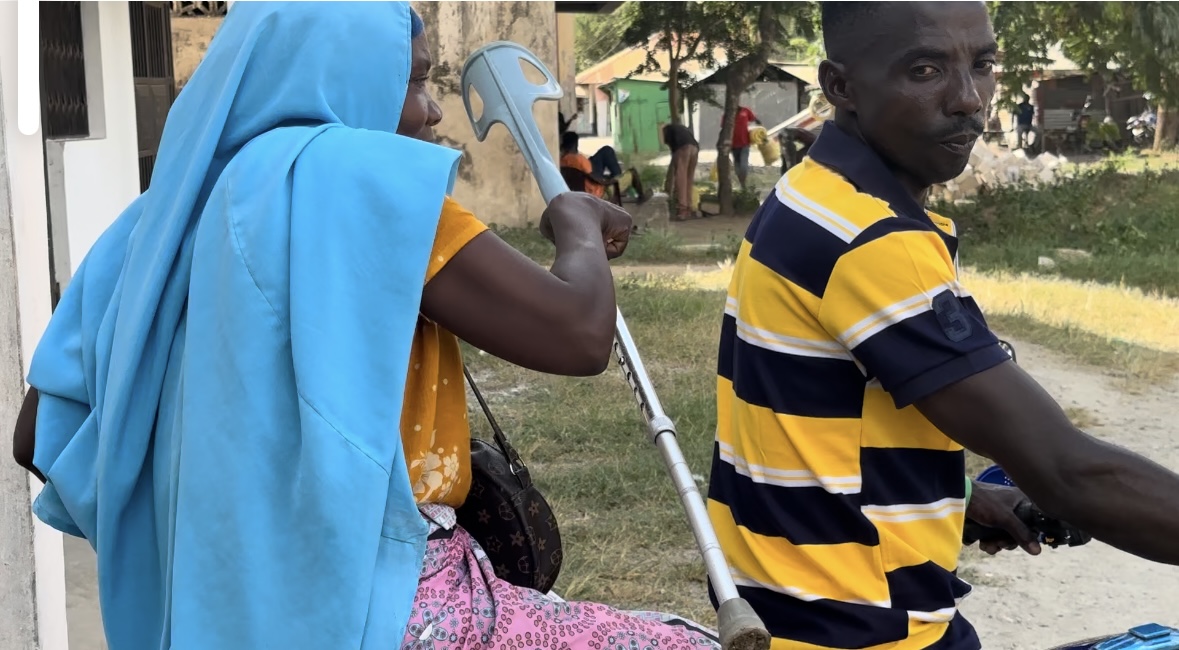 After being mentored by Human Rights Agenda, Uchi is now a human rights defender. (Photo: Halima Gongo)
After being mentored by Human Rights Agenda, Uchi is now a human rights defender. (Photo: Halima Gongo)
Uchi, who is now a human rights defender, says that in Kinango the number of human rights violations among people living with disabilities is alarmingly high. In a week, three to five cases of violations are reported to her from different villages, involving people living with disabilities.
Advocacy groups have been working tirelessly to raise awareness, but with limited resources, their efforts often do not bear fruit.
Mentoring human rights defenders
Human Rights Agenda is the only non-governmental organisation in Kinango mentoring people with disabilities to become human rights defenders, and Uchi is a beneficiary.
Rebecca Mwaka, a mother of three, lost her leg during childhood after being bitten by a snake. Her leg started rotting until it fell off. She had lived in denial and fear of speaking out until she joined the human rights defender training. She says her husband abused her, but she was too shy to report it due to her condition. Rebecca feeds her three babies with the little amount she gets from her salon. Despite her ordeal, she is a talented hairdresser.
“I also have a case I haven't reported anywhere. I have a man with whom I have three children. He abandoned me. My eldest is nine years old, the second is five, and the youngest is three. I work as a hairdresser. This man has been very rude, and he doesn’t even want to listen to me. Right now, the meetings I attend at Human Rights Agenda help me with the allowance I get, which I use to add stock to my salon and feed my children. He can go six months without sending even 200 shillings,” said Rebecca.
Low self-esteem
Rebecca has been trying to help other women and men living with disabilities who are going through abuse. The majority of women living with disabilities fail to report the injustices they face due to low self-esteem. Many women with disabilities treat marriage as a favour and do not want to lose it. Rebecca says these women have no say at home and cannot make decisions for their families. Some, she says, are often threatened by their husbands but decide to “stay strong” for the sake of their children.
“I became brave in confronting gender-based violence. There was a woman whose husband was abusing her. I started talking to her and directed her to the Human Rights Agenda office. The organisation has empowered people to know where to get justice. We have trained others, and they are getting help,” Rebecca said, pointing at a disabled woman in a wheelchair whom she said is often abused by her husband.
Kinango has the highest number of people living with disabilities in Kwale County, this is according to the Kenya Census Report 2019. Anthony Jimmy Maganga, a senior programmes officer at Human Rights Agenda, confirmed that most people with disabilities live in villages and are unaware of their rights.
Maganga said their mentorship programme has reached more than 300 people living with disabilities in Kinango. So far, they are following up on almost 42 cases that were reported during the outreach. Maganga added that most parents with disabled children hide them due to the fear of being judged or abandoned.
"Areas like Kinango face challenges due to the terrain and the vastness of the sub-county, which makes it costly and time-consuming for someone to access basic services. It takes a lot of money and time for a person with a disability just to file a report. One of the biggest challenges is transportation. The terrain is difficult, and reaching Kwale town can cost up to Sh1,000 for a distance of 20 to 40 kilometres. Even Kwale town lacks essential services to assist in such situations. This has led to unreported cases, with people continuing to suffer without knowing who can help them,” said Maganga.
The journey of Uchi, Bahati and Rebecca is symbolic of the broader struggles of people with disabilities in Kenya, who are often unseen and unheard by the very systems meant to protect them.
While organisations like the Human Rights Agenda have made strides in empowering these communities, the road ahead is long and fraught with challenges.
In June 2024, online courts were introduced in Kinango to address the issue of locals missing court sessions due to financial constraints. However, many residents lack access to smartphones needed to attend these sessions, and some areas suffer from poor network coverage, further limiting participation.
Until systemic issues such as Infrastructure, poverty, and empowerment are addressed, the cycle of neglect and abuse will persist. The resilience of women like Uchi and Rebecca offers hope, but their stories also serve as a powerful call to action for justice, rights, and dignity for all.
Top Stories Today

